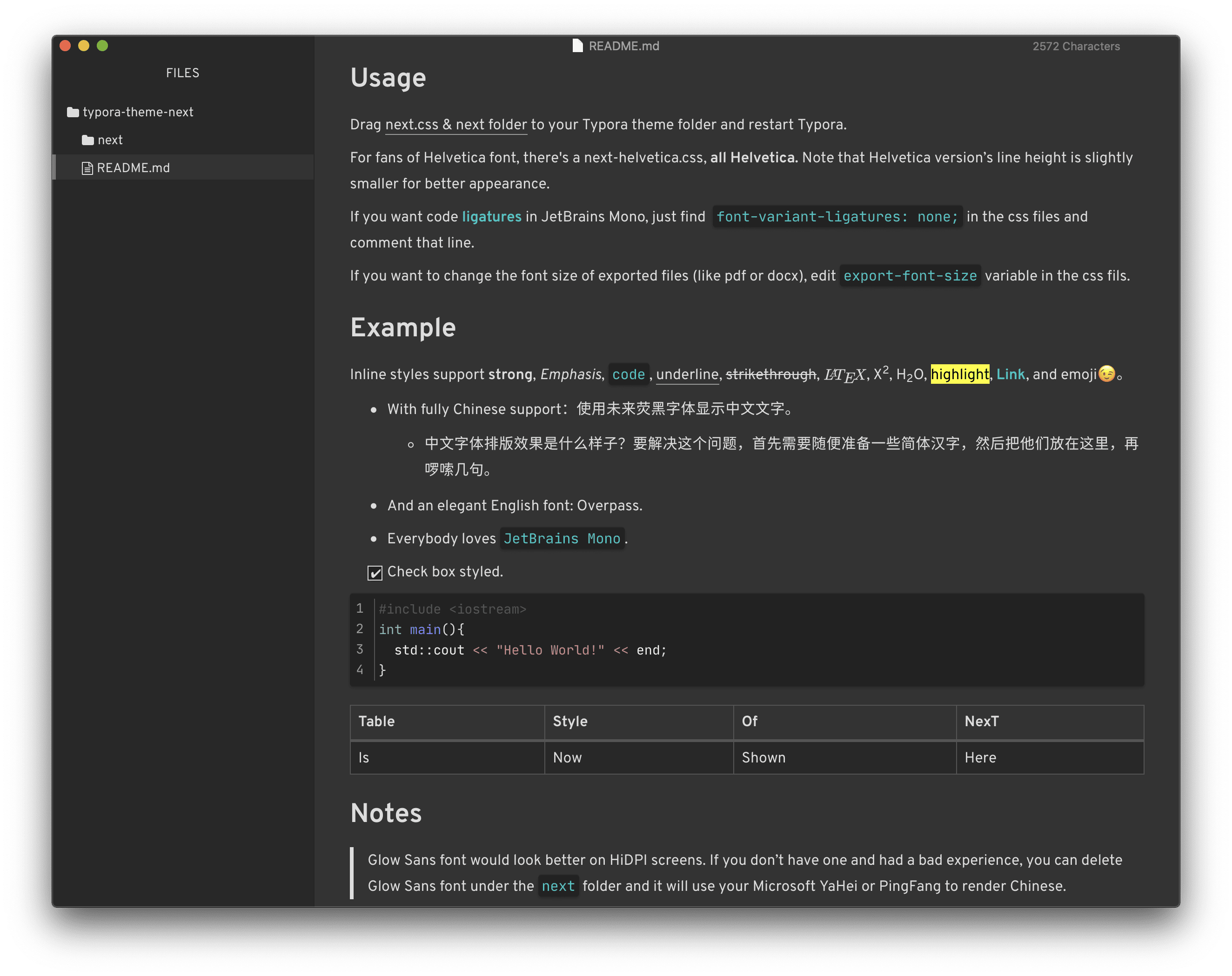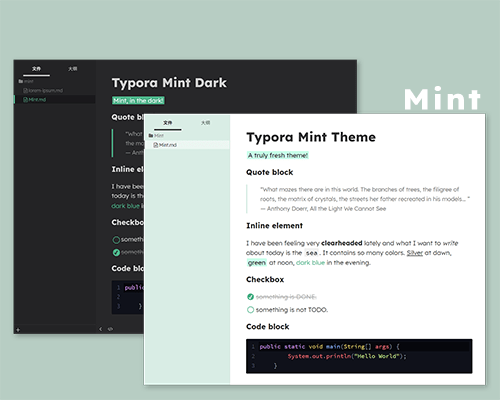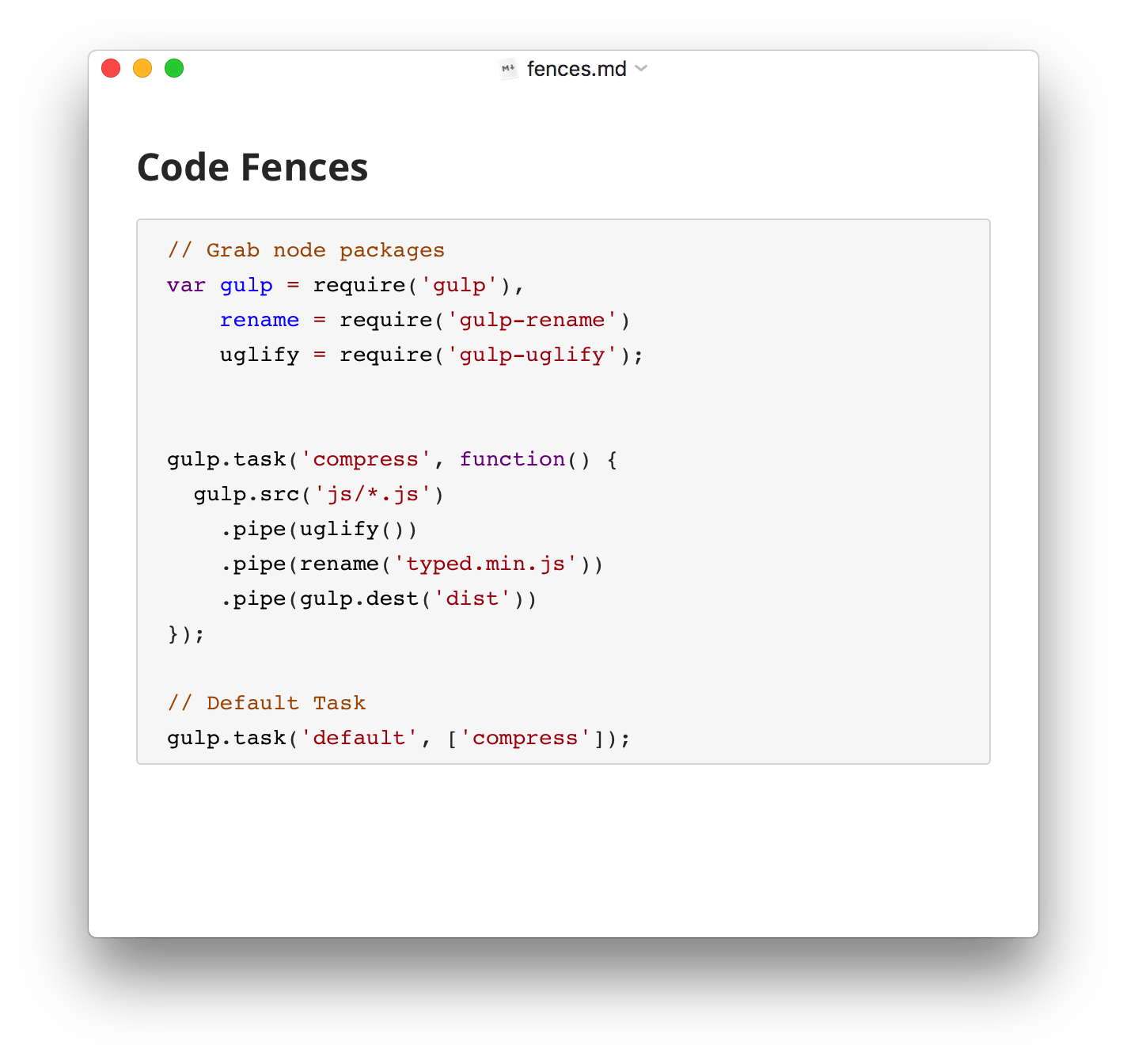
I've also never seen any particular benefit to this kind of "study": one learns mathematics, in my experience, by doing mathematics, not by reading over mathematics that one has previously done. The typed ones: one big LaTeX file per module as a student, now per topic. They end up in a big pile until I get around to clearing up. Not at all, even in the brief period when I tried taking actually useful notes live. Generally new sheets of paper by pure practicality: I never tended to have previous notes with me, having torn each lecture out once I typed it up. The "live" note-taking is there as an aid to thinking and concentration, rather than as an attempt to produce useful notes to revise from.Īfter the lecture, I'd LaTeX up relevant key information in an actually useful format, using my terrible notes as something to glance at if there was anything that I couldn't remember. I always went for (and still do, when it's relevant) physical notes on paper, pure stream of consciousness, no attempt at organisation. Usually a professor or classmates really appreciate a nicely typeset copy of the class notes at the end of the term.Īnyone who is able to typeset notes during a lecture, hats off to you! The questions you’re asking for typed up notes are all good, I’ve seen profs who type up their course notes make all of those choices differently. Probably best to practice the skill of efficiently making notes in a lecture.Īnyways I’m not a pro, but it works for me. Sometimes the lecturer will release a copy of their notes, but sometimes they don’t. I’m not quite at this level yet, but it seems like eventually in one’s career there will be math lectures too specialized to be based on a standard text. I try not to use footnotes or margin notes, but plenty of notes end up in the margins…

If something super important comes up I will copy it into my notebook.Įssentially (in the best case scenario) my notes look like a set of annotations to the textbook. Tutorials and scratch work generally goes in a separate notebook, I don’t even keep a lot of these. What I focus on is capturing either the insights that the prof gives verbally, examples or digressions that aren’t in the text, answers to students’ questions, extra diagrams, or things that I just happened to realize during the lecture (and I always try to read ahead).

I take notes but use shorthand or just a quick theorem/proposition number for things I know I will be able to look up verbatim in the textbook, class notes, etc.Īlways handwritten (but if I could afford an iPad I’d use one). And I know that there is no perfect way to take notes, since for everyone different things work best, but still I wanted to get a bit of inspiration for my upcoming stage of life ^^. How do you sort your seminars, tutorials, exercises in between your lecture notes, or do you store them separately?

How do you organise your notes? Do you enumerate your pages, write down the date of the lecture, make keywords/tags for each lecture?įor daily revision, do you write summaries of today's lecture notes? Do you put them after today's notes or do you compile them separately for further study? ? From your experience, how big should the margin be (on the side or at the bottom for footnotes)? How do you annotate your notes after class? Do you use footnotes, notes on a margin, sticky notes. Since I'm going to study mathematics at university soon, I wanted to ask you guys how you take lecture notes.ĭo you type your notes during the lecture? What program do you use? Word, Latex, Typora?ĭo you take physical notes during class? What do you write down? How detailed are they?ĭo you start a new digital document/start on a new page or even on a new sheet of paper for every new lecture, or do you append your new notes to the current notes on a certain topic?


 0 kommentar(er)
0 kommentar(er)
